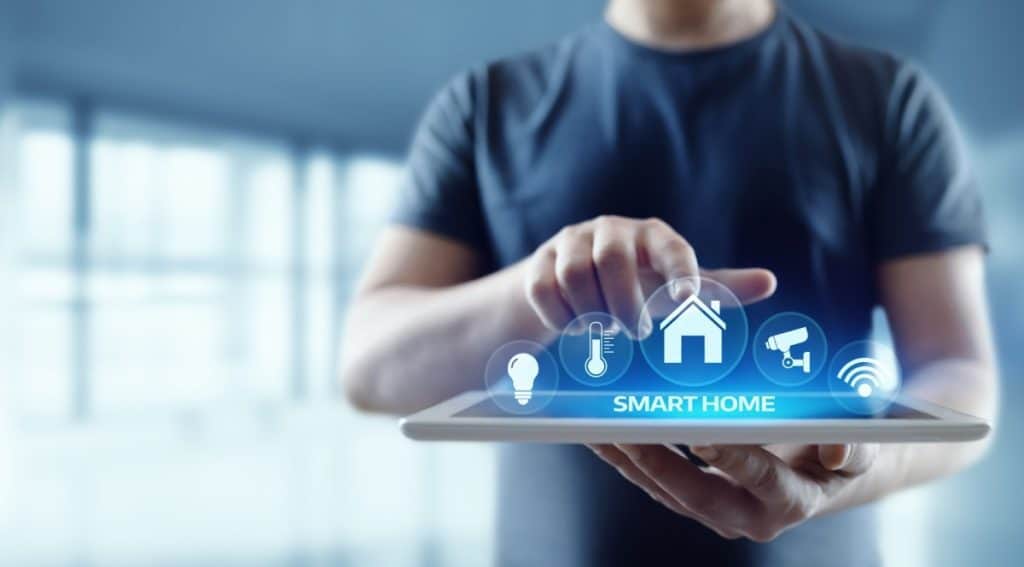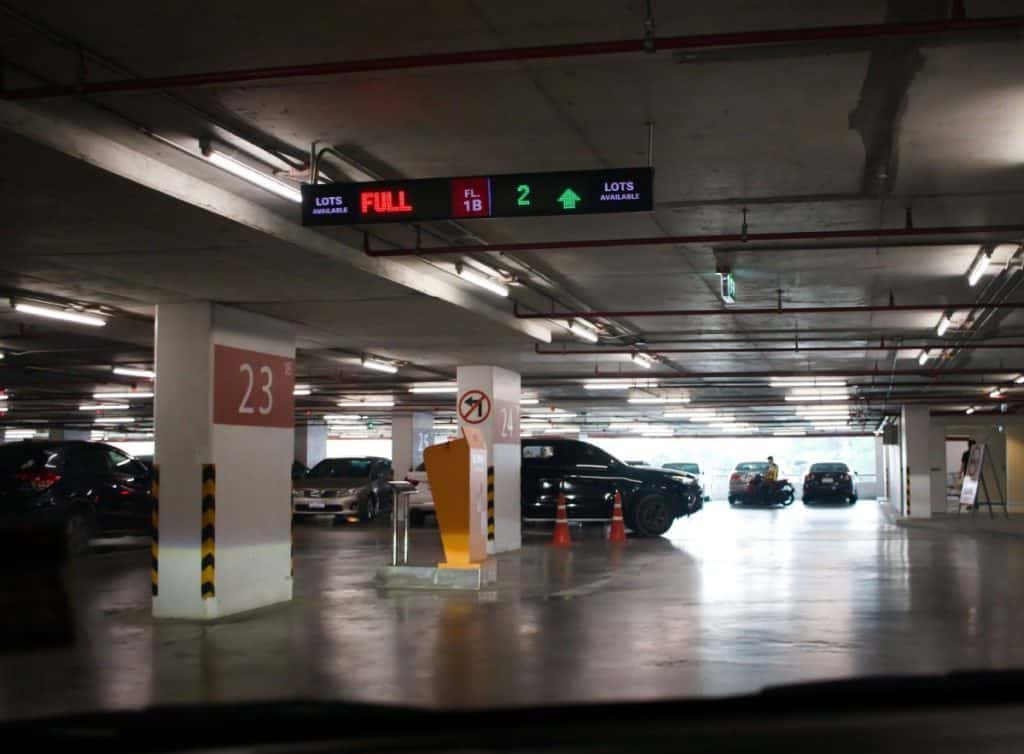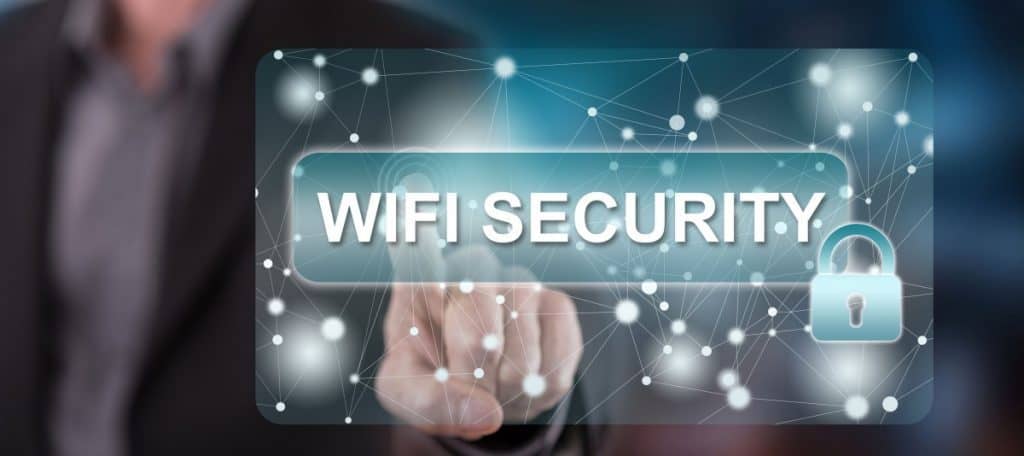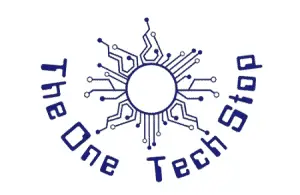Home automation is a term that refers to home systems or devices that are electronically controlled. At its core, it’s the idea of making life easier for you by using technology, so you don’t have to do most things yourself. But how will home automation affect our future?
Home automation will affect our future by making our homes more secure. Besides, our homes will be more energy-efficient, and appliances will become smarter and capable of making decisions. Besides, smarter spaces like intelligent parking lots will become common.
Read on for more information about what the future holds with home automation.

How Will Home Automation Affect Our Future?
As I mentioned, home automation will significantly change homes and buildings as we know them.
Home automation will affect our future by making it more orderly, efficient, and convenient. Traditional appliances will be replaced by automated systems – dishwashers, ovens, laundry machines.
Here are some of the ways that home automation will improve our lives:
The Use of Resources Will Be Fully Optimized
Smart buildings won’t be wasteful with resources. They’ll better understand how to operate at their optimum performance, meaning using less energy and water and creating a more responsible consumer.
For example, your house will recognize when you’re leaving and shut off your lights and appliances and turn them on when you get home. You won’t even have to figure out how to make the energy use efficient yourself.
Additionally, smart bulbs like these Kasa Smart Light Bulbs from Amazon.com will come in handy by adjusting their brightness with the intensity of sunlight, minimizing the amount of energy used throughout.
Here’s a video that describes how smart homes save you money and energy:
Appliances Will Become Smarter Than They Currently Are
When making dinner, your appliances will know what’s in your fridge and let you know what meals can be made with those ingredients that require little preparation time.
Although this may sound like a futuristic concept, it’s already happening!
A case in point is the Samsung Food AI, an application that scans the company’s smart refrigerators and recommends a curated feed of recipes.
Besides shortening decision-making time, these technologies can recommend the quantities of ingredients to use, helping you reduce food waste.
More Spaces Outside Your Home Will Become Smarter
In addition, homes aren’t the only spaces capable of being automated. Other spaces outside of your home will also become smarter.
For example, intelligent parking lots won’t need human nurses to direct traffic, and smart sidewalks will let you know where you’re going and give you a map of your surrounding area. All of these use technology to help us in the simplest ways possible.
At the moment, the SmartPark is gaining momentum worldwide. The smart parking system from Smart Park Limited uses sensors and cameras to detect the occupancy status of parking lots.
It then shares this information with drivers through an app, helping them identify available slots without the hassle of driving around looking for empty lots.
With time, this system will learn your parking habits, such as where you park more often and at what time you do so. Because of that, chances are you’ll get timely notifications when your preferred lots are available.

You’ll Have Better Control Over Your Appliances
You’ll have much more control over your appliances and devices. For example, you can turn up the heat remotely from your phone before you get home so that it’s at a comfortable temperature when you walk in the door.
Another example is a smart pot: a device that’ll automate watering your plants for you. This way, you don’t have to worry about making sure they’re getting enough water because the pot will keep track of this information for you.
For example, the Elecrow Smart Plant Watering System on Amazon uses sensors to monitor moisture levels in the soil. If the moisture levels drop, the system automatically sets the pump in motion, releasing water.
In the future, this technology might be improved to study how soil moisture levels vary in different seasons and the amount of water available for backup.
This may help in planning the amount of water to have in your home’s backup tank at specific times of the year, reducing the chances of running out of water during dry months.
Are There Security Concerns With Home Automation?
Home automation certainly doesn’t come without risks.
Home automation has several security concerns, including someone stealing your identity, appliances tracking your location, hackers eavesdropping on you, intrusion, data theft, and stalking. Therefore, it would help to take precautionary measures before you start using these devices.
Let’s examine these concerns in-depth:
Someone Could Steal Your Identity
With home automation, there are several ways that hackers could steal your identity.
This might occur in the following ways:
- Using machines that require an Internet connection to work (which is all of them)
- Pairing devices to your home network (like smart locks on your front door)
- Sharing information about yourself online
Appliances May Track Your Location
It’s easier than ever to track location data, and it just became even more accessible with home automation.
You might think that you’re not providing personal information every time you turn on your lights or adjust your thermostat – but in fact, all of these actions are being tracked by companies who make these devices.
These companies may even set location sharing to work such that they’ll access your location data even when you turn off location sharing. For example, Google has been accused of illegally tracking the locations of android users, something that could repeat in the home automation context.
This would not only compromise privacy but also cause safety risks if third parties access such data.
Someone Could Hack Your Devices and Eavesdrop on You
Hackers can easily find ways to break into your house when you’ve given them access to technology that is hooked up to the Internet, like voice-enabled speakers or smart fridges.
It wouldn’t be too difficult for a hacker to eavesdrop on conversations in front of these devices.

Highly Skilled Hackers Could Easily Get Into Your House
Since more devices will be connected to the Internet, it’ll become easier for hackers to get into our houses.
For example, if you had a smart TV that used an insecure app (maybe one with old software), hackers would access your home network and access security lock combinations, making it easy for them to access all areas.
As this post by NBC News describes, security experts have previously hacked a smart TV and turned on its camera and microphone.
Although no such incidents involving malicious hacking have been reported, that demonstrates the threat is real, and it’s only a matter of time before we hear that hackers have stolen details about people’s homes.
Hackers Could Steal Information About Your Home
When you have devices connected to the Internet, they’re vulnerable to data theft because everything is being transmitted wirelessly. This means that all of your home’s information can be accessed by hackers if they try hard enough.
According to a 2019 report by Applied Risk, smart building access systems, such as the Nortek Linear eMerge E3-Series, are vulnerable to third-party access. Skilled hackers can access such systems and escalate different users’ privileges, meaning they can log in to these access systems and change crucial details, such as smart lock passwords.

Stalkers Could Easily Track and Harm You
Your home automation products can provide stalkers information about where you live and what time you usually come home every day.
This makes it easier for them to track your movement, break into your home, and harm you.
The comments on this post by the Federal Trade Commission described the seriousness of this risk. Notably, some victims point to instances where others illegally accessed their homes, phone call records, and Facebook messages.
How To Address Security Concerns With Home Automation
Fortunately, there are a few simple things you can do to address many of the security concerns with home automation:
- Use strong passwords that include upper and lowercase letters, numbers, and symbols – for all devices. This makes it difficult for hackers to guess or crack your password, according to Kaspersky.
- Avoid using any apps that ask for unnecessary access to your device, like the capability to post updates to your social media.
- Avoid using default login credentials – these are usually admin/password or admin/1234567890. They’re easy to guess.
- Ensure you read through all of the information about it first to understand what new features are being added to your device and what they might do before updating any software on your devices.
- Choose appliances with solid security functions – They should be able to log out all unauthorized users who try to access the system and protect the software from hackers.

Recap
Home automation is the future of convenient living, allowing you to do everything from turning off your lights with your voice to adjusting the temperature in your house.
However, if not used properly, home automation can put you and your house at risk. Fortunately, there are some easy steps that you can take to protect yourself from the dangers of home automation, including:
- Using strong passwords
- Avoiding apps that ask for too much information
- Updating software carefully
- Using secure products

